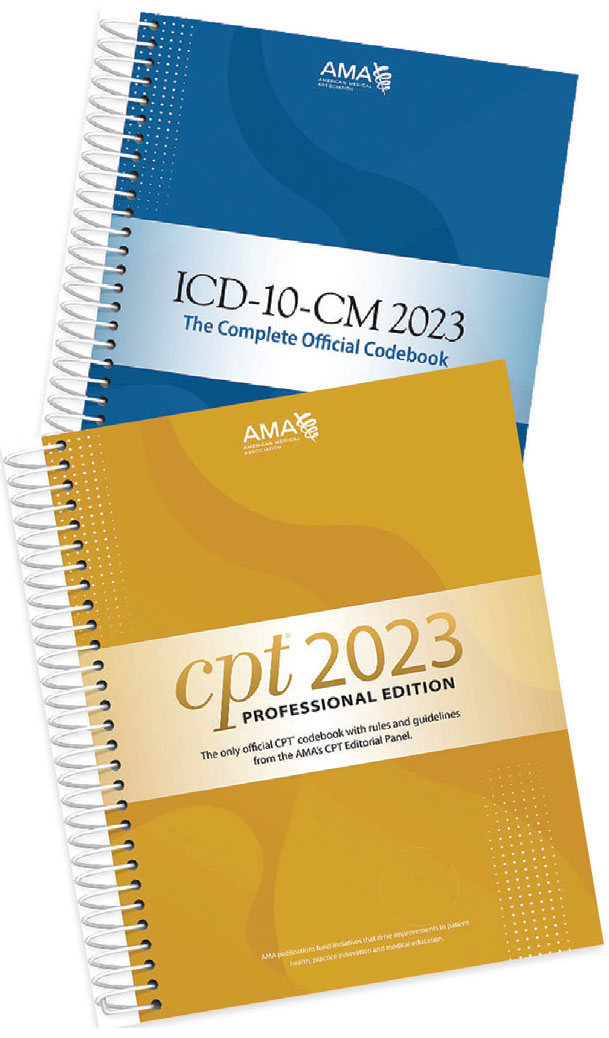 |
Each year, the Centers for Medicare and Medicaid Services publishes the codes for Designated Health Services that are subject to restrictions under the Physician Self-Referral Law (a.k.a., the Stark Law). It’s important to check the list of codes annually to remain compliant. There are multiple examples of providers running afoul of the Stark Law regulations, and large fines can apply. Here, we’ll look at the rules to help keep you on the right side of the regulations.
Q: How is physician compensation tied to the Stark Law?
As mentioned, another name for the Stark Law is the Physician Self-Referral Law: It’s about “you referring to you.”
The Office of Inspector General notes that the Stark Law “prohibits physicians from referring patients to receive ‘designated health services’1 payable by Medicare or Medicaid if the physician or an immediate family member has a financial relationship with the entity, unless an exception applies. Financial relationships include ownership/investment interests and compensation arrangements. They also note that this law “… prohibits the … entity from submitting claims to Medicare for those services …" 2
Q: How do DHS impact physician compensation?
Payment on a percentage basis is allowed for physician professional services, including test interpretations. However, for selected diagnostic tests payment on percentage basis for the technical component isn’t allowed.
Practices must exclude some of the revenue for services on the designated health service list when calculating compensation for physicians who are paid on a productivity-basis, by base pay and/or a bonus. Using modifiers TC and 26 on claims may simplify the tracking and calculation, but it’s not required.
Q: What ophthalmic items and services are affected?
The 2023 DHS list include, among other things, commonly provided eye-care services:
• ultrasounds (CPT 76510-76519);
• SCODI tests (CPT 92132-92134);
• tear testing (CPT 0330T, 83516, 83861); and
• remote imaging (CPT 92227 and 92228).
Additionally, the rules apply to supplies, devices and injectable medications. Drugs are frequently an area of dispute. Medicare reimburses 106 percent of the manufacturer’s volume-weighted average sales price (ASP) for most drugs administered in a physician’s office. This is meant to cover the drug cost with the +6 percent acting as an administrative fee; drugs shouldn’t be considered a “profit center” to the practice or the physician.
Again, when calculating physician compensation, revenue associated with supplies, devices and injectables should be carved out.
Q: What is the Anti-Kickback Statute?
The Anti-Kickback Statute differs from the self-referral act. The AKS focuses on relationships between entities, not providers referring to themselves. It’s broader in scope than Stark.
“The AKS is a criminal law that prohibits the knowing and willful payment of ‘remuneration’ to induce or reward patient referrals or the generation of business involving any item or service payable by the Federal health care programs (e.g., drugs, supplies or health-care services for Medicare or Medicaid patients). Remuneration includes anything of value … in the Federal health care programs, paying for referrals is a crime. The statute covers the payers of kickbacks—those who offer or pay remuneration—as well as the recipients of kickbacks.”3
The penalties under the Anti-Kickback Statute can be severe. The Centers for Medicare and Medicaid Services notes that violators can face penalties of up to $50,000 per instance plus three times the amount of the remuneration.
When making referrals to, or receiving referrals from, a provider outside your group, avoid any situation where one party is receiving compensation for more than the value of the care that was provided to the patient.
In conclusion, while the Stark Law and AKS are not new, practice administrators and physicians may not fully understand how they apply. It’s crucial to take steps to protect the practice. If you’re concerned in any way about a specific referral, legal or financial arrangements that might violate either of these important regulations, get advice from an attorney who is well-versed in this area. It could be money well spent.
1. OIG. Compliance. Physician Education. A Roadmap for New Physicians. Fraud & Abuse Laws. https://oig.hhs.gov/compliance/physician-education/01laws.asp.
2. Fraud and Abuse. Physician Self Referral. https://www.cms.gov/Medicare/Fraud-and-Abuse/PhysicianSelfReferral/index.html?redirect=/physicianselfreferral/.
3. OIG. Comparison of the Antikickback Statute and Stark Law. https://oig.hhs.gov/compliance/provider-compliance-training/files/StarkandAKSChartHandout508.pdf.



